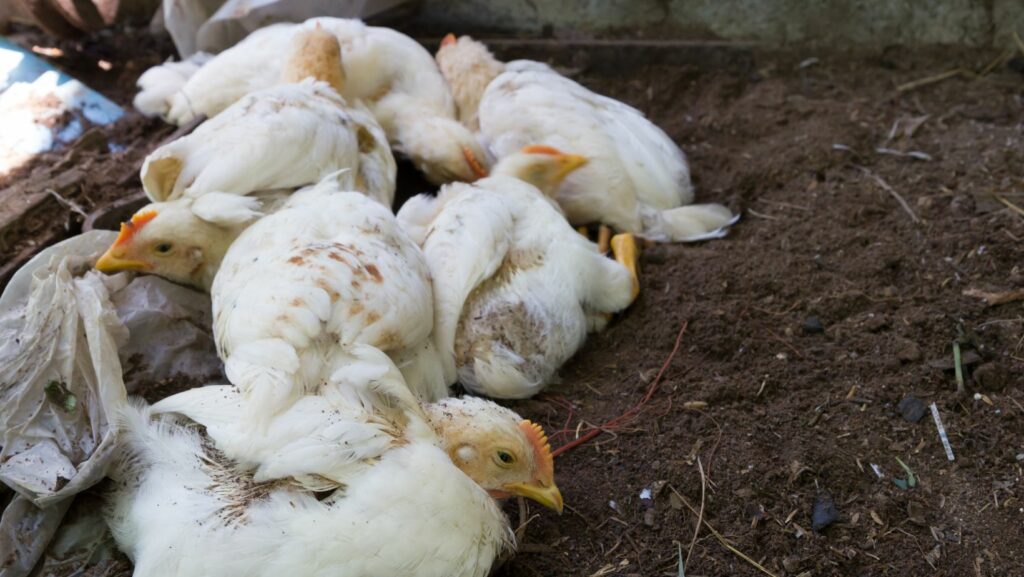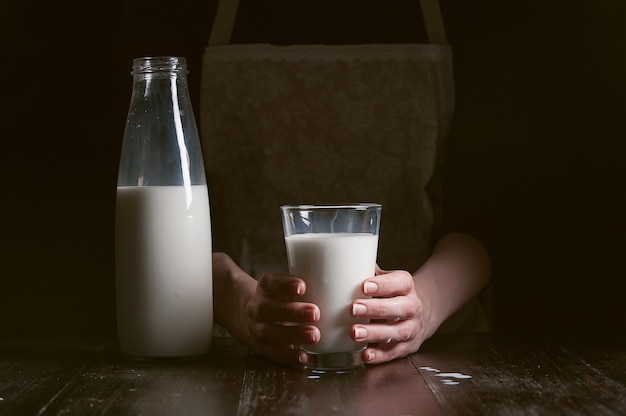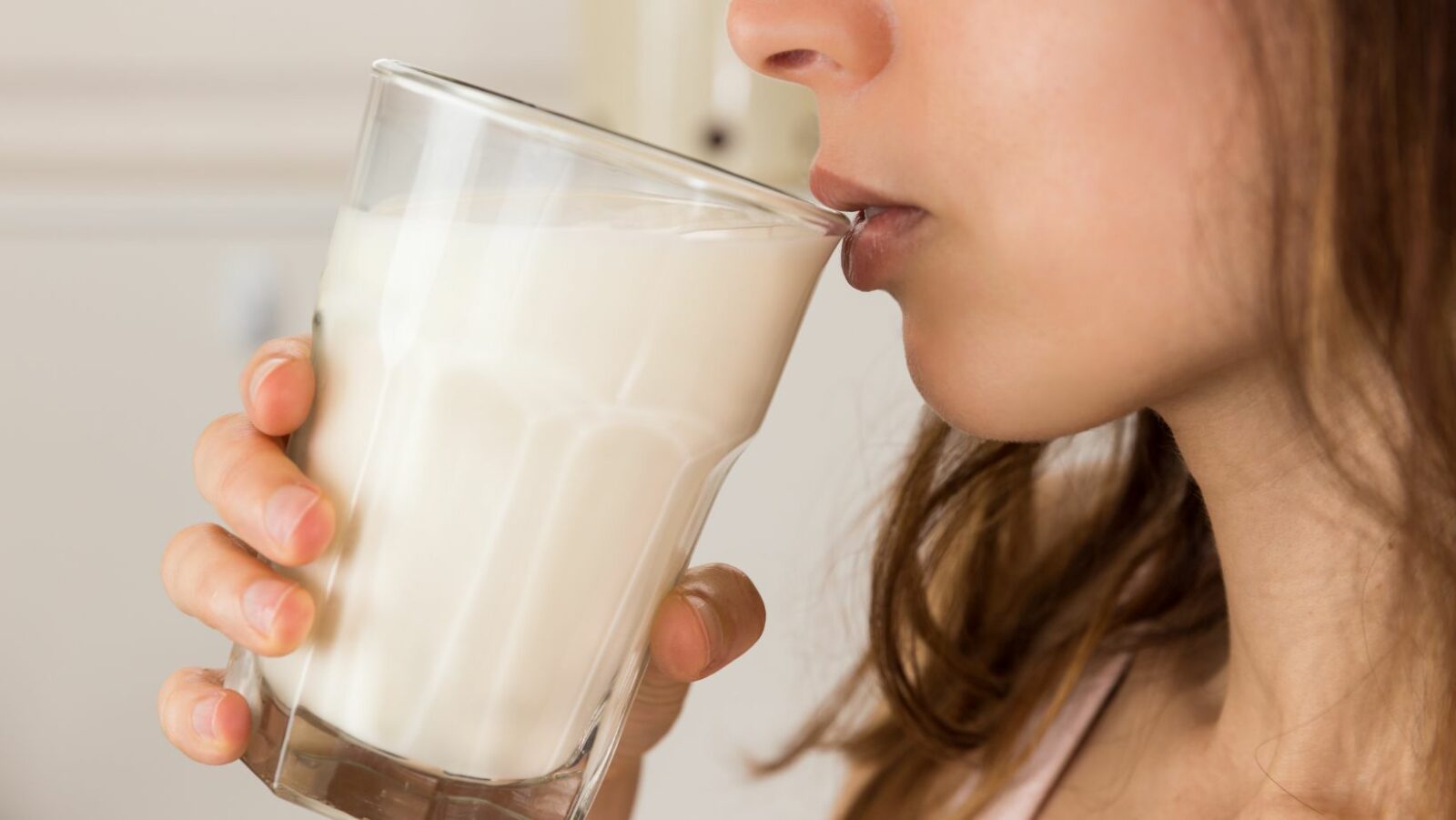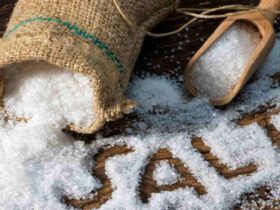The recurrent bird flu outbreak in the past is the cause of greater distrust towards milk and dairy products. Here’s what you need to know to navigate these headlines and ensure you’re making informed choices:Here are how what you must know to stay ahead of such headlines and achieve informed decisions
The Threat of Bird Flu: Understanding the Risks
Caused by these viruses, which arises as a respiratory illness that mainly affects birds, the bird flu is also known as avian influenza. If some strains are capable of infect human poultry workers via direct contact with infected birds or stray feces, the probability of it remains minimal.

Consumers’ concern about the appearance of the virus starts from the point in which it gets the chance to come down to the milk humans consume from infected cows. Nevertheless there is no real evidence about it being a disease of a great concern.
Pasteurization: Your Safeguard in Milk Consumption
The fast majority of dairy milk (the one that is widespread and known ones) thus undergoes a heating procedure called pasteurization. The procedure is a result of heating milk to the temperature that microbes like bacteria and viruses, for example those that are the influenza cause, are getting destroyed with a proper duration set.

Here's why pasteurization ensures the safety of milk:
- Effective Virus Elimination: The bactericidal characteristics of pasteurization are such that flu viruses are sterilized, meaning they can’t cause any sickness in human beings.
- Strict Regulations: For instance, all milk plants undergo the stringent surveillance of government authorities and their mandated inspections. The rules that are enforced are directed at ensuring all dairy processors observe proper regulations that maintain good standards of pasteurization in order to protect consumer health.
Minimizing Risks: Beyond Pasteurization
While pasteurization offers a robust layer of protection, here are some additional tips to ensure safe milk consumption:While pasteurization offers a robust layer of protection, here are some additional tips to ensure safe milk consumption:
- Purchase from Reputable Sources: To avoid acquiring a contaminated milk or dairy items always make sure to buy from a reliable vendor who keeps a high hygiene standard.
- Check Expiration Dates: Moreover, do not forget to take notice of the expiration date of milk and, in case of doubt, purchase a more fresh one.
- Practice Good Hygiene: Have proper hygiene such as washing your hand before or after products coming into contact with dairy.
Addressing Raw Milk Concerns
However, it’s important to be aware of the increased risks associated with this practice: Finally, risks must be realized with the most risks belonging to this action.
- Unpasteurised Milk Can Harbor Viruses: Bacteria and viruses such as avian influenza strains are known to thrive in unheated milk; these bad bacteria/viruses would be a hazard to human beings whenever the milk was taken unpasteurized.
- Increased Health Risks: Pregnant women, young kids, older adults, and people with polluted immune systems usually constitute such volume attributed to these groups.
It is true that if you’ll decide to drink raw milk, then you face a risk of getting sick, thus you need to be careful where you get your milk from and make sure the farm maintains good hygiene.
The Bottom Line: Milk Safety and Bird Flu
The bird flu occurrence doesn’t necessarily make it difficult for you to consume the milk coming from the commercially applicable pasteurized milk and dairy products. Generally speaking, these products are put through a series of intensive processes that involve sanitization and virus testing in order to rule out, avian influenza.
These tips and the role that pasteurisation plays in preventing bird flu can help you continue to fortify dairy-based diet with milk and more other dairy products, without stressing over it.






